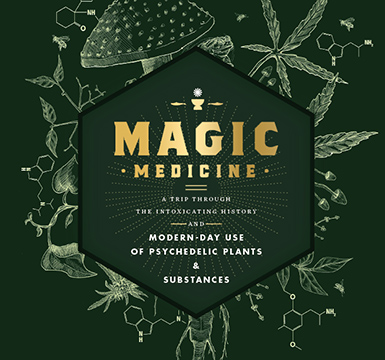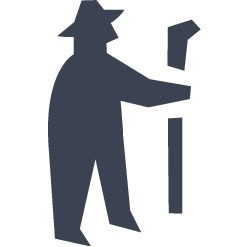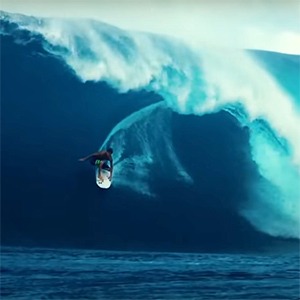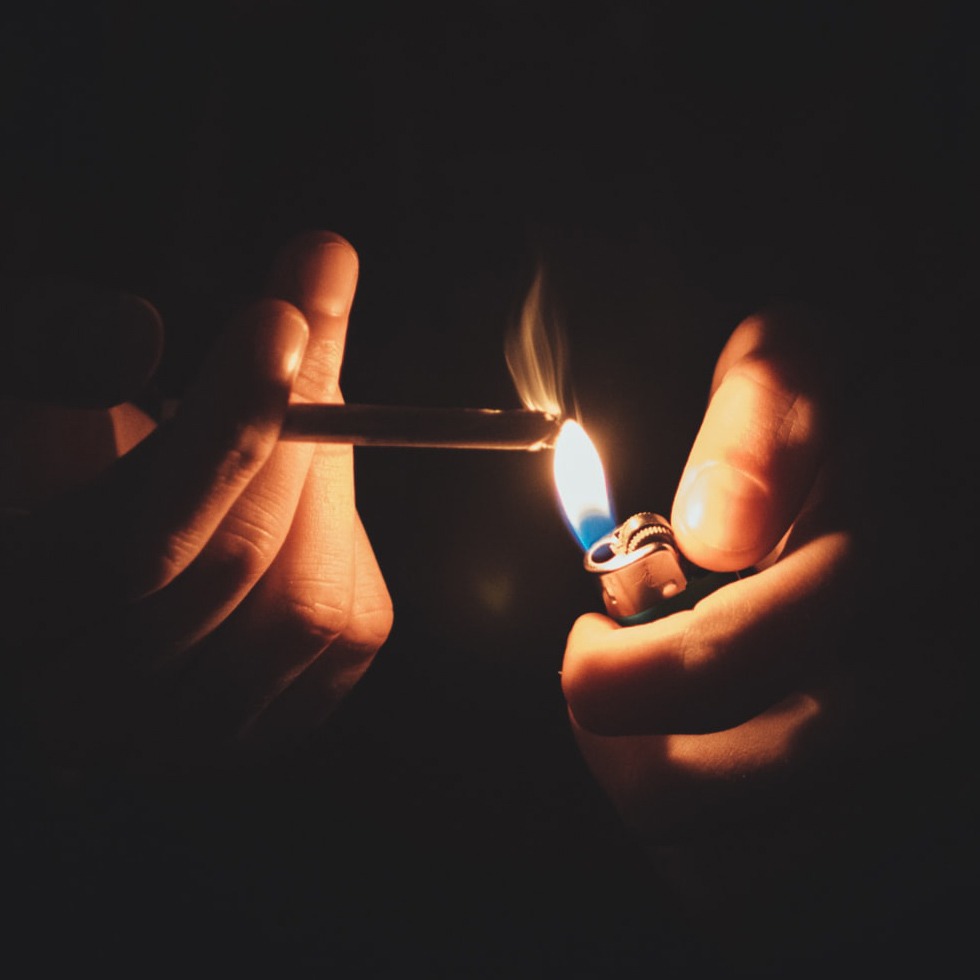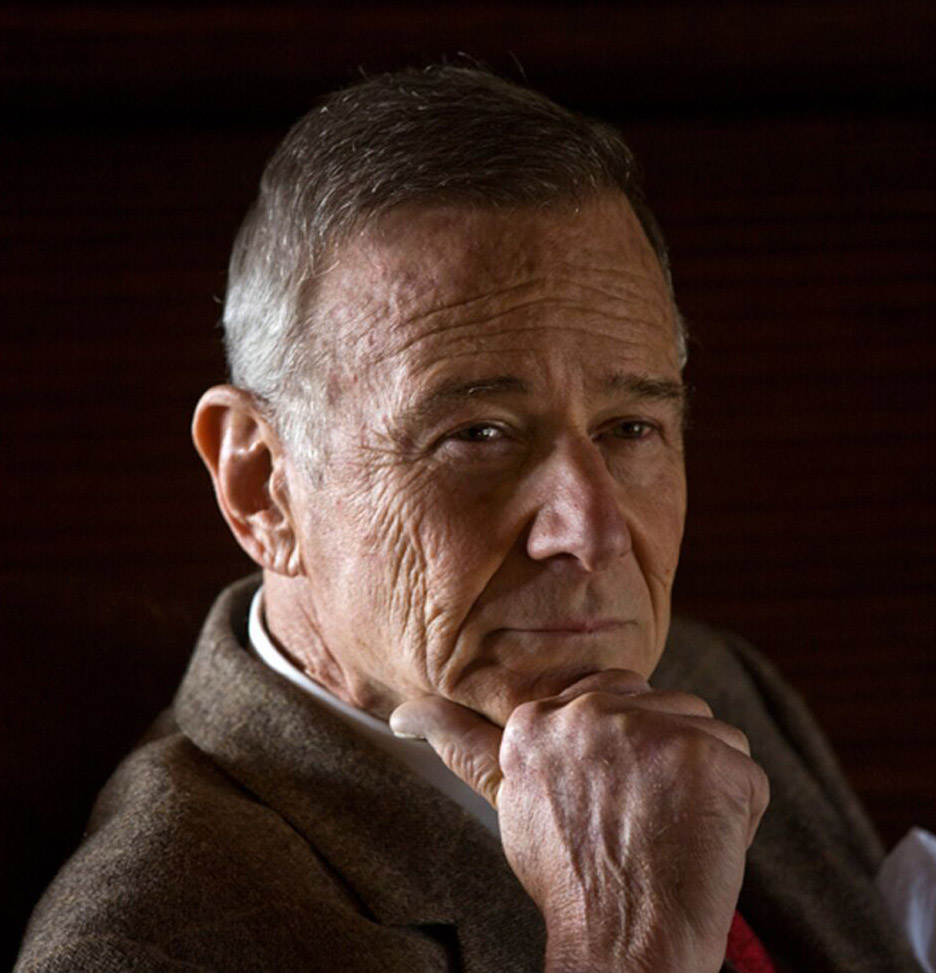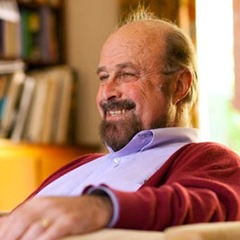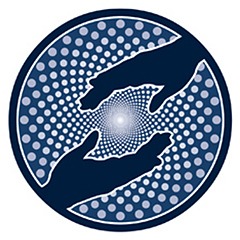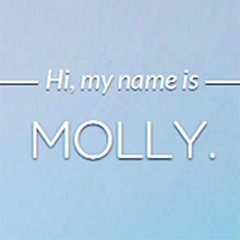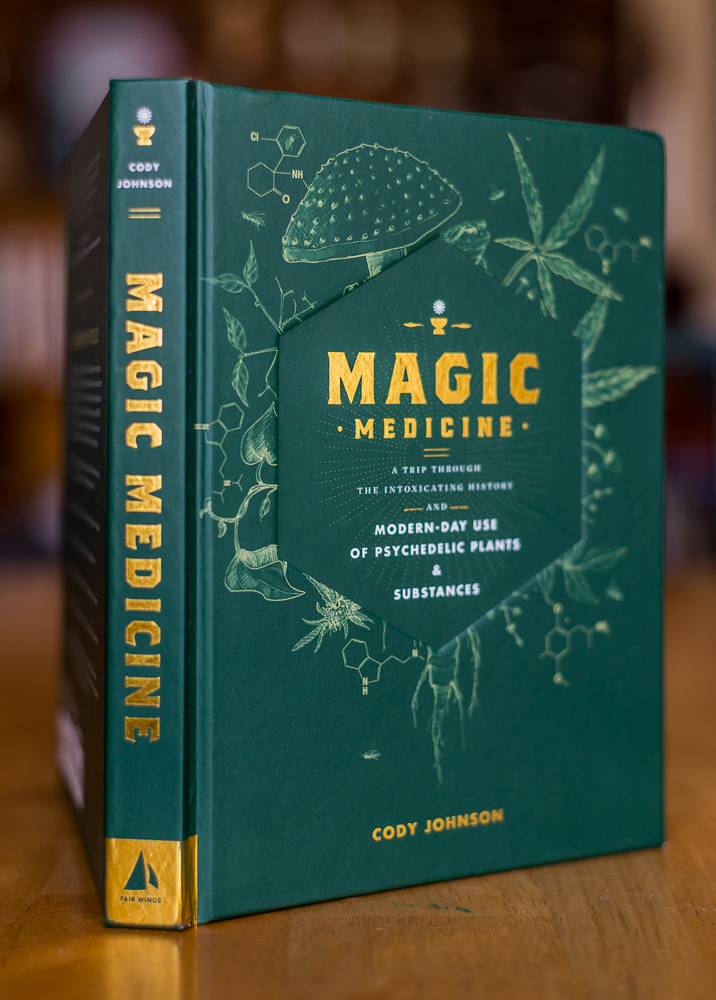My Interview with Rick Doblin, Psychedelic Pioneer Founder of MAPS Discusses MDMA Therapy, a Crazy Personal LSD Trip, and More
by Psychedelic Frontier on Jul 1, 2014 2 CommentsI recently had the good fortune of meeting my psychedelic hero, Rick Doblin, the founder and president of the Multidisciplinary Association of Psychedelic Studies. What’s more, he graciously agreed to an on-camera interview. I asked him about the origins of MAPS, the Russian ban of methadone in Crimean addiction clinics, New Zealand’s new regulatory framework for legal highs, MAPS’ recent partnership with the military to research MDMA as a treatment for PTSD, and much more.
My favorite part is when Rick tells the story of taking LSD on his twenty-first birthday. He heard a siren and became convinced that the Russians were bombing Tampa, and that he was about to die. The story of what he decided to do with his remaining time on Earth is both hilarious and touching. You can find that clip in text format at the bottom of the page, or in the video at 42:30.
For 50 minutes of pure Rick, check out the video below!
Just want the audio? Download the MP3 podcast version (48 minutes, 109 MB).
Transcript
Here are a few of the highlights from the interview. Minor omissions and corrections of grammar have been made.
From Idea to Reality — How MAPS Developed Over the Years
I grew up thinking about projection — the psychological factors that caused people to project evil onto others and try to kill them.
In my first year I had done a lot of LSD. I had found that the LSD for me was very difficult but crucially important. It helped me to understand that I was intellectually way advanced compared to my emotional and spiritual development. Another way is to say I was emotionally and spiritually retarded [laughs]. And that the whole Western education, too, is all about educating the mind. It’s not really about educating the spirit or educating your emotions.
And so I felt that this was an incredible tool that could bring me into balance. And I also felt that society was a reflection, that we had this technology that was so miraculous — even more so today — but we didn’t have the spiritual/emotional maturity to handle it well.
I had been traumatized — indirectly traumatized — by the Holocaust. I was born in America in 1953, and had distant relatives killed and had lots of relatives in Israel. So I grew up to really think about the idea of projection — psychological factors that caused people to project evil onto others and try to kill them. And I grew up in the era of the Arms Race with the Soviet Union and with nuclear weapons — being taught in school about “Duck and Cover” and the whole fear of nuclear annihilation. And then, growing up with Vietnam. I was in the last year of the lottery, so I had to figure out what to do about Vietnam and decided to become a draft resister. All of those things were culminating.
And then when I did LSD, it made me think that I had been lied to. I had thought that LSD made you crazy, that it was a really terrible thing. And yet I wasn’t quite capable of handling it, to let go, to open up, to process. I was stuck in a lot of ways. But it started helping me feel things in a deeper way even though they were difficult feelings.
[pullquoteleft]When I did LSD, it made me think that I had been lied to. I had thought that LSD made you crazy, that it was a really terrible thing.[/pullquoteleft]So I went to the guidance counselor at college and I was unbelievably lucky that the guidance counselor validated what I was doing, and thought it was an important quest. He gave me a copy of Realms of the Human Unconscious by Stan Grof, before it had even been published. And I started thinking, this is putting together science, which I felt was essential for me in the search for truth, with sympathy with the full non-ordinary range of consciousness. And spirituality, and values.
And it had this grounding and healing. It wasn’t about power — I think a lot of shamanism can be around power — but it was around healing. And I felt that that was the reality test: can you actually make people feel better and be more deeply involved in the world?
So at 18 I decided that since I was probably going to go to jail for being a draft resister, that I would devote myself to psychedelic research and psychedelic therapy — which I needed, and that one day I could offer to other people. So I dropped out of school for ten years.
Building Houses and Getting Grounded
I discovered that there was this underground network of psychedelic therapists that I thought had completely disappeared.
Out of that frustration I recognized that I needed to get grounded. And that’s where I did this ten years of building houses. I became a contractor.
I was so lucky. When I was twelve, my parents had a house built by a student of Frank Lloyd Wright’s. My parents are still alive — they’re 87 and 84 and they still live in the same house that we grew up in. And it was just gorgeous. And I learned how much the physical structure can influence your mood and openness. That inspired me to get involved.
But it was also because I felt like the psychedelic experience was so insubstantial, and so fleeting, and internal. And I was, as I said, trained as an intellectual. I didn’t have any physical skills and I was totally ungrounded. That’s where I thought building things would help me get grounded.
The Education of a Psychedelic Activist
Finally I was ready to go back to college in ’82. I went to Esalen [Institute] doing off-campus study my first semester, and did a workshop with Stan and Christina Grof called The Mystical Quest. That’s where I heard about MDMA.
MDMA was legal at the time. I was shocked. I felt like I came to the party late with LSD, right as things had already been shut down and criminalized; the research was over. But now I found out about MDMA when it was still legal. This was a tremendous opportunity to try to help with its introduction to society. But when I learned about it, it had already become ecstasy. So it was clear that it was doomed, again — this was the Nancy Reagan “Just Say No” era — and that there was going to be this big crackdown.
[pullquotecenter]I didn’t want to be a criminal. I didn’t want to be underground. I wanted to be a mainstream, normal kinda guy who just happened to be interested in psychedelics.[/pullquotecenter]
But I could work with others. This is where I discovered that there was this underground network of psychedelic therapists that had continued that I thought had completely disappeared. I started thinking, okay, this is something that is worth protecting. Plus, because it’s legal, we can introduce to a lot of different people who will then become witnesses in our lawsuit against the DEA when they inevitably move against it.
So in ’84 I started the first non-profit. It was part of this evolution of me as counter-culture underground criminal — as I thought of myself — and finally being back in school and trying to figure out how to blend with the system, because I didn’t want to be a criminal. I didn’t want to be underground. I wanted to be a mainstream, normal kinda guy who just happened to be interested in psychedelics. And they should be legal!
Fighting the System from Within
There are parts of the system that promote new thinking and freedom. We could give people tax deductions for fighting the system!
We worked on that for a couple of years. We had a DEA administrative law judge lawsuit once the DEA finally decided to move against MDMA, and we won that! The judge said MDMA should be Schedule III, which meant it should be illegal for recreational use, but it should be legally available to therapists.
We had won the DEA lawsuit, but the head of the DEA rejected the recommendation and MDMA was criminalized. Unfortunately, it became clear to me that the only way was going to be through the FDA. At the time, the culture was open to medicine [as a justification for psychedelics], but not open to freedom, not open to religious freedom or personal spiritual quests.
Internal Tension and the Genesis of MAPS
There had been a tension. We had everybody who was seriously involved, practically, in psychedelics on our Board of Advisors. And they were evenly split. A bunch of them were government-funded scientists at major research universities who were looking at drug abuse. That was the only way they could look at psychedelics — through a drug abuse lens.
Others were more independent. The split became, what should we say about the criminalization of everything outside of therapy? Everybody pretty much felt the same way, but around half the people didn’t feel comfortable saying that as the organization.
Since I had helped start it, and I was speaking with the media, I would talk about how I thought that the whole system of Prohibition was a bad idea. And that developed a lot of tension in the group. We eventually managed to win the DEA lawsuit, but I didn’t want to jeopardize what we were doing. I didn’t want the group to split in half. That’s where I decided I would resign.
So I decided that I would start MAPS. I thought, okay, I’ve earned a certain amount of credibility. I’m going to start this organization without any illustrious board of directors, nobody that I would make uncomfortable.
You need three people in Florida, where I lived at the time, to have a corporation. One was an old girlfriend. We had a beautiful breakup under MDA one night. It was absolutely beautiful. We decided throughout this whole night — it was gorgeous, the stars became the foreground and our conversation became the background. And we would just talk. An old lover of hers had come into her life, and the question was should she go with him or stay with me. And so, by the morning, it was clear that she should go with him. And we did it in such a beautiful way. So she became someone — Marybeth Home — on the Board of Directors. Another was Phil Manhard. We used to go to Grateful Dead concerts together.
[pullquotecenter]I’ve done a lot of psychedelics and a lot of living, but that moment stands for me as one of the most alive and alert moments of my life.[/pullquotecenter]
These were two people who had no careers in psychotherapy or science. Basically people who would let me do whatever I wanted to do and not feel upset. That’s how MAPS started in 1986.
The vision was — this was the naïve vision, at the beginning — since there were millions of people that were now using MDMA and were having wonderful experiences, it’d be no problem to build a big organization. We’d get tens of thousands of members, everybody would give five or ten bucks, and before you know it we’d have all the resources we needed.
Well it didn’t quite turn out that way. [Laughs.] A lot of people would rather buy their next dose of MDMA or ecstasy than donate it. And it seemed that we weren’t that likely to succeed anyway. So from 1986, when I started MAPS, to 1993, I was the only staff person.
At the same time, I had graduated finally in ’87, and I had planned to go get a clinical psych Ph.D. to learn to do psychotherapy outcome research with MDMA. I almost got into several pretty great clinical psych Ph.D. programs, but in the end nobody wanted to let me in. That was 1998. Then I was like, what am I going to do with my life? So I went home and smoked a joint.
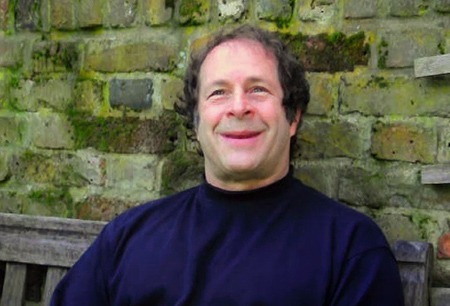
Focusing on Politics
A lot of times, thinking stoned gives you a chance to think outside the box. So I thought, okay, my whole life has been focused on learning how to do this psychotherapy and becoming a psychotherapist and learning to do this research. But then I thought, I have this pattern in my life of wanting too much too soon. So here’s another instance where I want too much too soon. I want to do the science but the politics is in the way. So maybe I should study the politics.
I thought, where should I study the politics? Well, I need the credibility. I remembered there was a fellow named Mark Kleiman who had done an interview in a magazine. During this interview he had talked about our lawsuit against the DEA, and he was a professor at the Kennedy School of Government at Harvard. So I called him up and said, would you be my mentor? …He encouraged me to apply, and I managed to get in. That’s how I ended up getting my Master’s and eventually my Ph.D. from the Kennedy School of Government at Harvard while I was, at the same time, building MAPS little by little.
Working with the Pentagon
Military people — they will follow orders, but it’s not like they go out, commit war crimes, take MDMA, and now it doesn’t matter to them anymore.
In the 60s, too, there was this big split. Those people that tended to be pro-Vietnam tended to drink alcohol, and those people that tended to be against the war were pot smokers and hippies and psychedelic drug users.
For me, this idea of working with the military has two parts to it. One part is — it’s similar to the police. I don’t think we are naturally opposed to the police. I mean, I don’t like murderers and rapists and robbers. But the fact that the police also repress personal freedom through enforcing the drug laws has made it so that a large amount of the American public sees the police as the enemy. At the same time, our military has gone into wars that we never should have gone into. Which is what I thought about Vietnam. …It’s been delicate.
While we’re trying to bring psychedelics back to the mainstream, we’re also trying to remove this big division between the police and the population, particularly the psychedelic-using population. And also trying to make it so that the military is an instrument more of defense than offense, and more of a protector of freedom and human rights than a violator.
So the question is, are we, by helping heal some of the trauma caused by war, making war more likely? That’s been the concern. I think you could say the same thing about — are you a military doctor, or are you a surgeon. Now we have all sorts of ways to save people on the battlefield who would have died forty years ago.
[pullquotecenter]Eventually we’ll have loads of people who are more proficient at working with emotions, owning their own shadows, less likely to project onto others, and less likely to vote for politicians who just say “America first!”[/pullquotecenter]
I feel that, by helping soldiers become sensitized to the emotional consequences of what they do, and helping them heal from trauma, it doesn’t make war more likely. At least from what we’ve seen in the veterans who have been healed in our studies, by learning to navigate emotions, they become more willing to give negotiations a longer period of time to succeed, and they see force more and more as a last resort.
The military has been a counterweight, in some ways, to the DEA and the police, who also have a massive amount of trauma. We’re starting to make those inroads. We’re working to recruit volunteers from the police in our studies who have been traumatized by their work. Military people — they will follow orders, and they will do what they’re instructed to do, but it’s not like they go out, commit war crimes, take MDMA, and now it doesn’t matter to them anymore. That’s not what’s happening. It’s not a numbing thing at all.
At the same time, we’re getting the chance to heal a lot of other people with PTSD, and bring more psychedelics into the culture in a lot of different ways. Eventually, I think, we’ll have loads of people able to be more proficient at working with emotions, owning their own shadows, less likely to project onto others, less likely to vote for politicians who just say “America first, we’re going to go into this country and do whatever we want.”
I think ultimately it’s a vehicle for peace more than a vehicle for war. It is delicate. We have been accused of greasing the wheels of the military machine. That’s caused a lot of soul-searching, but I don’t really feel that that’s what’s happening.
Treating Veterans with PTSD
[pullquoteleft]Last year saw $5.5 billion in disability payments for 275,000 vets. That’s annual, and it goes up every year as more vets are diagnosed with PTSD.[/pullquoteleft]For 20 years, we have been talking to the Department of Defense and the VA about working with MDMA for healing post-traumatic stress disorder. Initially it was all about Vietnam veterans. There are still hundreds of thousands of Vietnam vets who are traumatized from something that happened forty to fifty years ago.
We were working from the ground up. We would work with psychiatrists and psychotherapists who worked with veterans with PTSD. They would be interested in working with MDMA because they knew that the tools that they had available worked for some people but not for everybody. A lot of people were still left traumatized.
But we would hit these political obstacles and permission would be rejected. We tried this in six or seven VAs around the country, we had all these teams, and it was perpetually frustrating. And then, through Dr. Richard Rockefeller — through his cousin Senator Jay Rockefeller, who’s on the Senate Veterans’ Affairs committee, we started working from the top down. And tried to say — you guys have a massive problem. Last year was $5.5 billion in disability payments for 275,000 vets. That’s annual, and it goes up and up every year as more vets are diagnosed with PTSD.
So we were able to finally persuade the Veterans Administration and the Department of Defense to let MAPS pay for some initial proof-of-concept studies with VA therapists. In two ways: combining MDMA with prolonged exposure and cognitive processing therapy that they’ve developed. And then we’re going to work with people who are resistant to cognitive processing therapy and see if MDMA — instead of our full course, if one dose of MDMA can prime people to do the psychotherapies that before were too painful and re-traumatizing.
The biggest breakthrough that we’ve been able to experience recently is this bridge to the military. The other key factor is the FDA. The FDA has, from the mid-60s through the 70s and 80s, squashed psychedelic research and then exported that attitude all over the world. Starting in 1990 a new group of people at the FDA took control over psychedelic research and they decided to put science over politics. The FDA has been pretty much an ally, not in favor of medical marijuana or in favor of psychedelic research, but in favor of science over politics.
The FDA has been an ally, not in favor of medical marijuana or in favor of psychedelic research, but in favor of science over politics.
Then I could go back and be a psychedelic therapist, which was the whole point of this!
Who Will Produce Medical and Recreational Drugs?
What happens when MDMA is a medicine? It can’t stay marketed inside MAPS, because as a medicine, the potential interest and volume would mean that money coming in would dwarf the donations that we get. Therefore, we can’t keep that in a non-profit, we’d need to pay taxes on it.
So we’re thinking of forming what’s called a Benefit Corp. The state of California and a few other states have experimented with a new kind of corporation called a Benefit Corporation. It’s for social benefit and the goal is not to maximize profits.
A lot of people who imagine legalization, they think of it as “Oh my God, we’re turning it over to the alcohol and tobacco industry, and that’s not going to be good.” So I think some different kind of corporate form that takes social consequences into account would be a better way to market these drugs.
“The Russians Are Bombing Tampa!” — A Formative LSD Trip
This [trip] is what helped me decide to work in this area.
I was all by myself on my 21st birthday. I thought, okay, what should I do? I should take LSD and celebrate my birthday that way. So I took LSD by myself.
This is in the olden days where there were records, and I had a record player, and you stack a bunch of records on top of each other. So I was listening to the music and everything’s fine.
[pullquotecenter]If I only have a few minutes left to live, I might as well live as much as I can in the time that I have left. So I’ll leave the house and walk towards Tampa, and walk into the bomb as it’s exploding.[/pullquotecenter]
But then the record ended and there’s silence. I sort of lost track of the fact that there were records. The next record started with this noise that made me think that it was an air raid siren. I was in Sarasota, Florida, and sixty miles north is Tampa, and that’s the McGill Air Force Base. My girlfriend’s father was in the Air Force, and he was part of the group that was involved with bombing Hiroshima and Nagasaki. They have bombers with nuclear weapons in Tampa.
So I start to hear what I think is this air raid siren, and I think, oh my God, I just turned 21 and the Russians are coming! And they’re bombing Tampa! Shit, my life is over.
And then I had this thought. I remembered this Grateful Dead song — the lyric was, “In the heat of the sun, a man died of cold.” It was about how your mind can influence things.
So I was thinking about that. And then I was like, if I only have a few minutes left to live, because they’re going to bomb Tampa, I might as well live as much as I can in the time that I have left. So what I need to do is walk out of the house and walk towards Tampa, and walk into the bomb as it’s exploding. This is going to be the way that I can maximize the moments that I have left.
So while I was relieved, I also was saddened. It taught me that LSD, while under the awareness of death, can help you be fully alive.
I got down the road a little bit and then I started hearing drums and guitars. And then I had this, like, “Oh my God, what a fool I am — it was the record!” It wasn’t really the end of the world.
So then I had an enormous sense of relief. But I also felt like I couldn’t sustain that outer awareness of the magnificence of the world. I felt that my awareness diminished a little bit. So while I was relieved, I also was saddened. It taught me that LSD, while under the awareness of death, can help you be fully alive.
That’s something I have worked ever since to try to get back to. I don’t think I’ve ever got back quite in that way. I’m now 60 that was 21, and I’ve done a lot of psychedelics and a lot of living. But that moment stands for me as one of the most alive and alert moments of my life. And it was produced by a delusion! But the actual beauty of the world was not a delusion. That’s led me to really appreciate the value of LSD.
Liked this post? Subscribe to my RSS feed to get much more!

